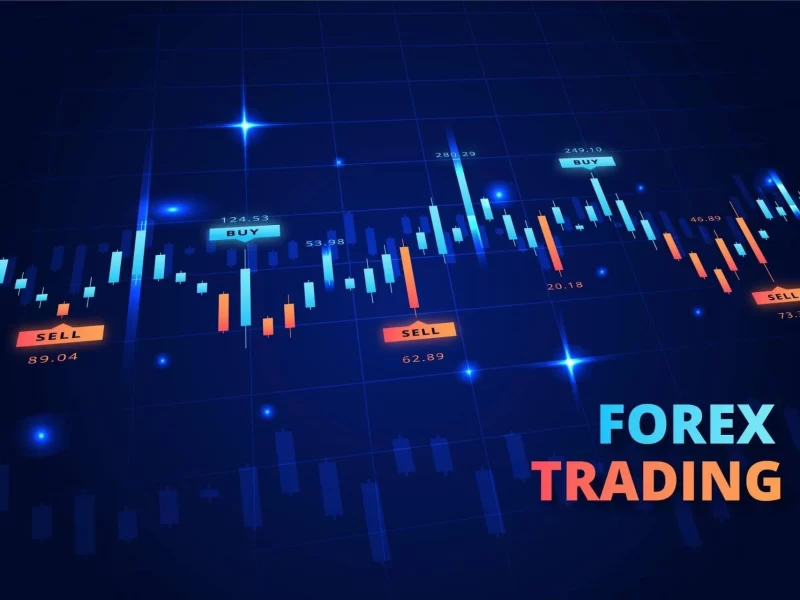The Forex market is largely unregulated, with little regulation or daily price limit. As a result, it presents substantial risks to traders and investors alike. A devaluation is one such risk. Every bank holds either a long or short position in a currency, and a depreciating currency means a loss for the bank. Traders must take this into account before they enter a trade. Listed below are the principal risks to currency trading.
The forex market is a global marketplace for trading currencies. It is decentralized and open 24 hours a day. Major participants in the market are government entities through central banks, commercial banks, and individual investors. In addition to large banks, many smaller companies and individuals participate in the market. Foreign exchange is the process of converting one currency into another with a price agreed upon between two parties. This fluctuating rate is one of the principal reasons for the substantial risks associated with this market.
As a result, there is no centralized clearing organization for forex transactions. Furthermore, customers may not know where their funds will be held. Additionally, if they deposit their funds in broker-dealer accounts, these funds are not protected by the SIPC. As a result, trading on margin involves significant risks. Forex trading can result in large losses, even when the trader’s profit is relatively small. So, if you’re new to currency trading, be sure you understand the risks involved.
In the past, FX markets remained resilient. Despite the high level of risk, the market has shown resilience in the face of the Great Financial Crisis. However, the risks associated with FX settlement have increased in both absolute and relative terms. For example, the amount of payments involving FX remains at risk in April 2019 even with the use of CLS, which essentially eliminates the need for collateral. Further, the FX market has become increasingly volatile and risky, and dealers are seemingly embracing this risk.
Even though the Forex market is one of the most liquid financial markets in the world, there are periods of low liquidity. These periods may occur outside of trading hours, during weekends and bank holidays. This increases the cost of trading as brokers raise their spreads (the difference between buying and selling prices) in such situations. These periods may also make it more difficult to trade. A large amount of risk is associated with trading during periods of low liquidity.
In addition to individual traders, companies and governments trade the foreign exchange markets. The volumes of foreign exchange trading by global companies exceed those of governments, hedge funds, and other financial institutions. This means that there is an extremely large number of substantial risks behind forex trading. But the benefits are well worth the risk. In fact, the volume of international trading has grown to the point where it now dwarfs the trading volume of other financial markets. In addition to the large number of investors and institutions, the forex market has become the largest global investment market, with trading volumes exceeding those of some governments, including the United States.















